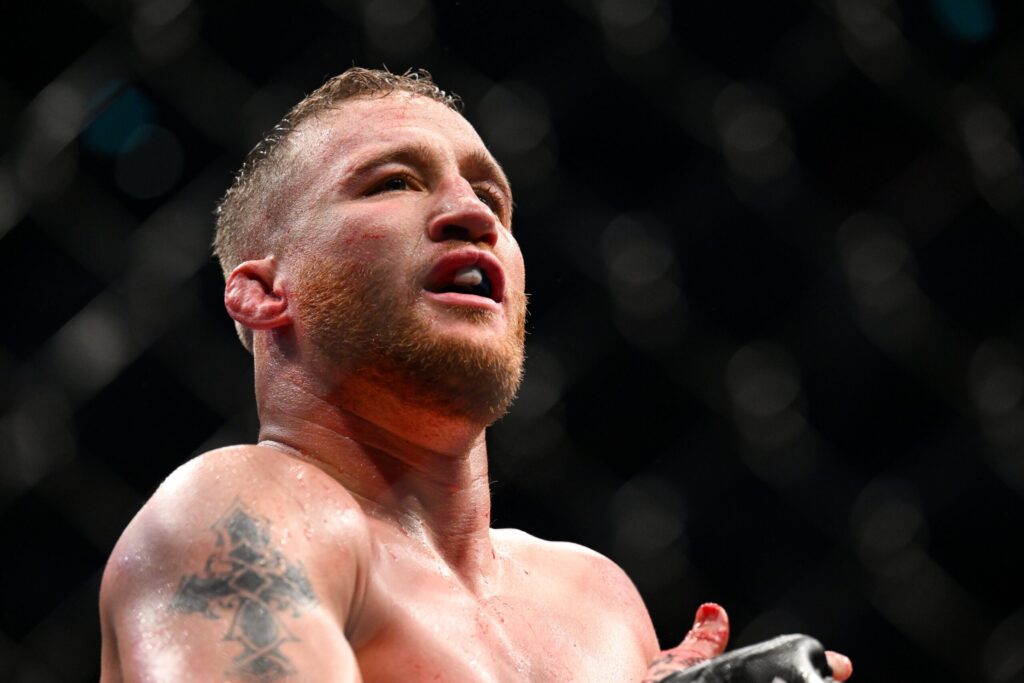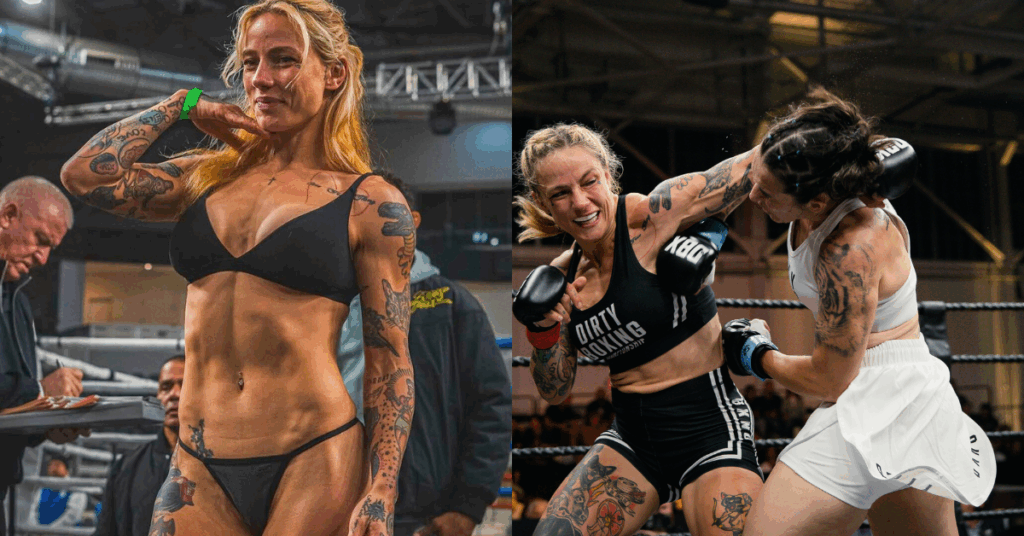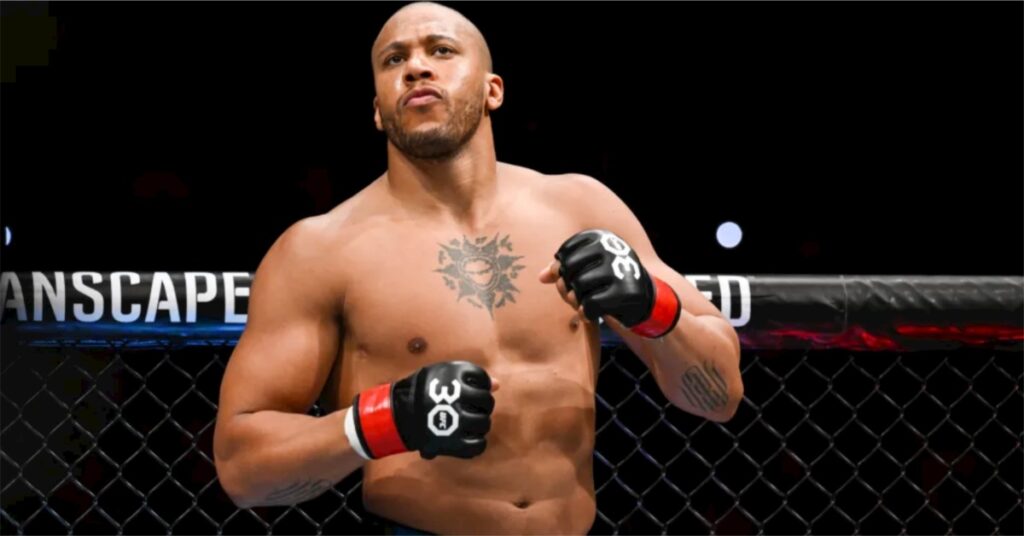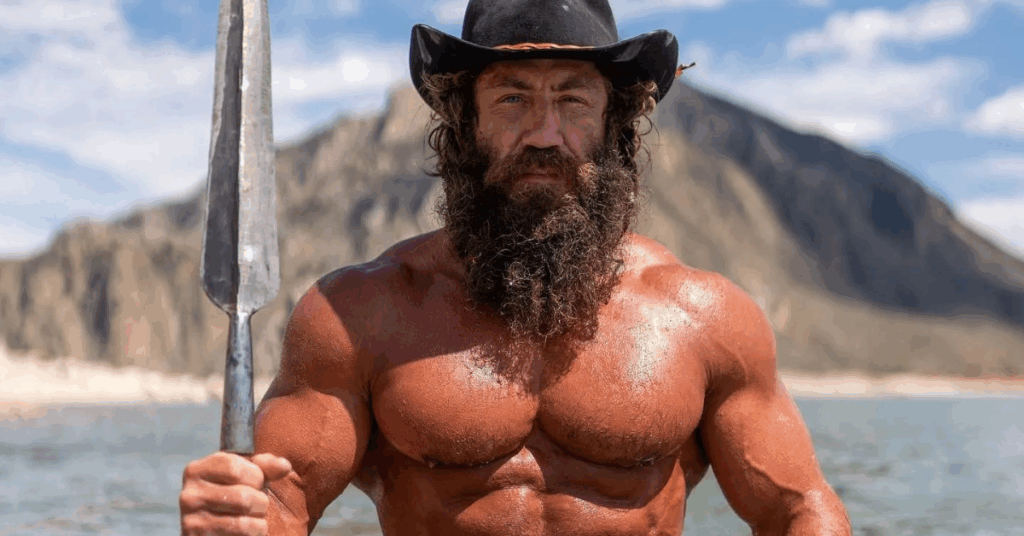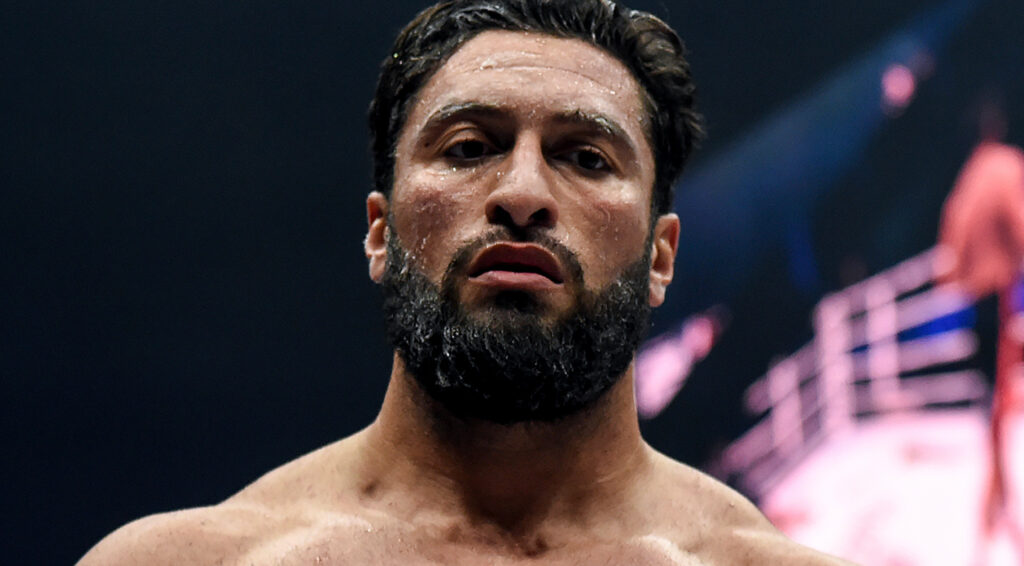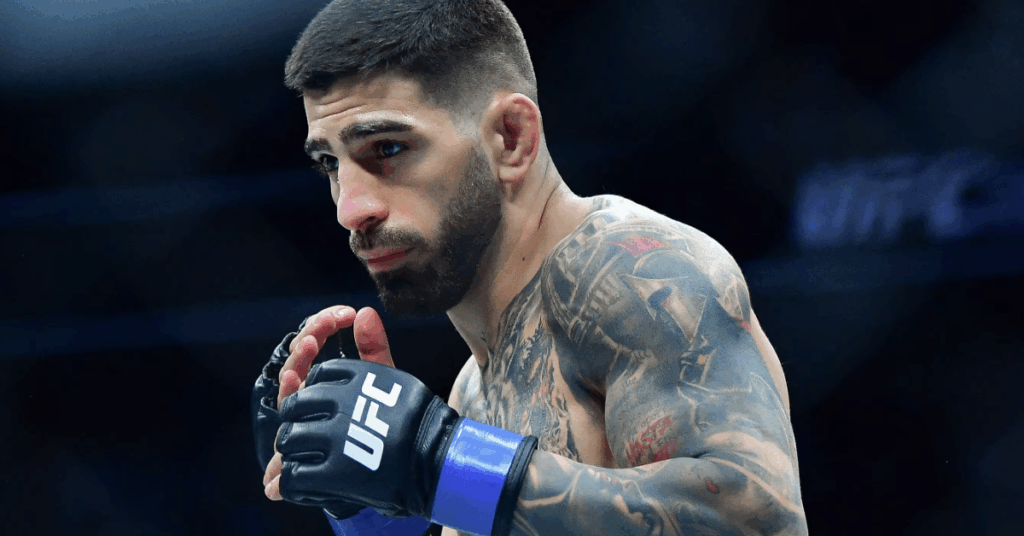Exclusive: NSAC Head Keith Kizer Discusses Controversial Pacquiao vs. Bradley Decision

(“I feel bad for the fighters and the judges for being a part of perceived controversy, and I feel bad for Arum being falsely accused…but I’m glad there are passionate fans out there.”)
The June 9th boxing title fight in Las Vegas between Manny Pacquiao and Tim Bradley ended in controversy after Bradley was awarded a split decision despite being routed in nearly every round. Last Saturday many more fans got to see the fight when it was replayed for free on HBO. The sanctioning body for the match’s title belt, the WBO, has announced that they are reviewing the fight, and promoter Bob Arum called for the Nevada State Athletic Commission (NSAC) to be investigated after he himself was accused of somehow being involved in corrupting the judges decision.
Basically, it’s another mess for boxing and its beleaguered fans to sort through. We thought it would be a good time to check in with the Executive Director of the NSAC, Keith Kizer, to discuss judging in boxing, the controversial decision itself, how he saw the fight and what, if anything, the state commission is doing to review the fight.
– Elias Cepeda
CagePotato: Thanks for taking time to discuss judging in the Manny Pacquiao vs. Tim Bradley bout. Before we get into that fight specifically, let’s set up some general context. Can you describe how judges are selected in Nevada? Not for specific assignments but overall. How does someone become a judge in Nevada?
Keith Kizer: There are three different ways, basically. Sometimes we bring in outside judges for events. For example, on that very card we had several judges from California. What happens in those instances is I’ll call [California State Athletic Commission Head] George Dodd and ask him to give me a couple names of great judges. He is really good about doing that for us. So what happens after that is I have those judges included on the list that I give to the sanctioning bodies and fighter camps, as I did with this event.
But we also have a regular roster of judges. Another way that people can become Nevada judges is when there might be somebody who is a world class judge but lived elsewhere and moved to Nevada. That doesn’t guarantee that they would be added to our roster, but when there is an opening sometimes they are chosen.
This happens with refs as well. This is what happened with Joe Cortez and Tony Weeks. But what usually happens is that people work the amateur ranks as judges here, similar to how people work the minor leagues before moving on to Major League Baseball. They can work the amateurs for years and when it gets to the point where we need to expand the pool, someone is shown the door, someone dies, or we are just getting more fights than there have been, I ask Don Barry, who is the head of amateurs here, to give me the names of his top three judges, in terms of skill and professionalism, and I meet with them, look at their resumes and might have them shadow for several fights.
I’ll have them score the fights they watch while shadowing and give me their scorecards at the end of the night, compare with the official scorecards see if there is anything they messed up. At that time, let’s say someone has proven themselves and it is time to expand, I’ll get with a chairman, have a chairman probably interview that person as well and then put them on the agenda of a meeting like we do with fighters. There, they discuss what they’ve done, question them and have the commission decide whether or not to license them.
CP: You mentioned “skill and professionalism,” as necessary characteristics for judges. We’ll get into skill a bit later, but I want to talk about the professionalism piece. One of your judges who scored the fight for Bradley, Judge Ford, said in an interview that Bradley gave Pacquiao a “boxing lesson.” It is one thing to explain your reasoning for judging the fight a certain way, but that read a bit excessive. Was that an professional thing for him to say?
Kizer: If you read the full quote, Judge Ford was saying that in the rounds he gave to Bradley, Bradley out-boxed Pacquiao, not that Pacquiao was dominated. And he felt that Bradley won more of those rounds than Pacquiao won. In Duane’s opinion Bradley out-boxed Pacquiao. That was probably a loaded term he used but if you look at the full context, it makes sense, if that’s what he saw.
CP: So you don’t think that he was being unprofessional in saying that Bradley gave Pacquiao a “boxing lesson?”
Kizer: I think it’s a loaded term that he shouldn’t have used, but with the whole context of what he says it makes sense. If that is what he saw, then it makes sense. And a lot of other people saw it that way, too. Thomas Hauser and Brian Kenny and others scored it for Bradley and some like Jake Donovan scored it slightly in favor of Pacquiao. This is a situation, I believe, where if Harold Lederman hadn’t scored it so wide then there wouldn’t be as much outrage as there is.
CP: The WBO announced that they are reviewing the fight. What can and what is the Nevada State Athletic Commission doing in regards to reviewing the fight?
Kizer: As you know, there’s no ability to overturn a fight. The judges’ decision is final. So there is no formal review process. That being said, the officials themselves [the judges] review it, especially when there’s a controversial split decision. They review the film and see why they disagree with their colleagues and they plan to do that. I kind of jumped on the train and told them that I want to be a part of that when they review it as well.
CP: So it won’t be a review with any potential teeth to overturn or anything like that, it is more of professional development?
Kizer: Yeah.
CP: Can judges be penalized or fired or anything like that for doing a poor job?
Kizer: Oh sure. They are licensed like anyone else so those licenses can be taken away. Judges could all be subject to suspension. You might have seen some of them judging here in Nevada years ago and now you don’t see them anymore. Sometimes they see the writing on the wall or I show them the writing on the wall and they move on. With referees, they sometimes see the writing pretty well but for some reason judges sometimes need a push out the door and I’ve had to do that about a dozen times in the six years I’ve been the director.
Judges are not evaluated by any single fight. Let’s say there’s a big fight and a judge doesn’t do that well, maybe we move them to the undercard because they need time to hopefully bounce back and they are not going to do that with some big-time fight. In those cases, I’ll watch them very closely. If it is still the case, that’s it. That process, from start to finish could be months or it could be weeks.
CP: It doesn’t sound like any of the judges who scored the fight for Bradley will be punished, though. It doesn’t sound like you have an issue with their scores, is that correct?
Kizer: With these judges, it is not just about one fight. When the camps and promoter heard they would be the judges, they were all very happy with the referee and the three judges. They have all had stellar careers. We look at this as a whole. These are great judges. That’s why [Top Rank] promoter Bob Arum initially said he was shocked by the decision. Whether or not I scored the fights the same as the judges, that is not the important question to me. I have no issues with the judges. The important question to me is, ‘are they still very good judges?’ To determine that I look at the last year or two overall, for them, not just that individual fight itself. That isn’t to downplay the importance of any one fight, because they are all important. But when we are talking about someone’s professionalism and competence, we need to look at their performance comprehensively.
CP: That seems fair, in terms of evaluating competence and skill but what of the specter of corruption? What would you have to see from a judge in a fight to arose suspicion that there is something more sinister than differences of opinion or competence issues at play?
Kizer: Oh, I don’t know. I have never seen it so I don’t know how to answer that. If you’re asking me what would it take to freak me out, I’ve never freaked out before in this job so I don’t know. But I’ll tell you what, a decision where guys like Thomas Hauser, Jake Donanvan and others had it pretty much dead even is not a fight that would concern me. Those are all well-versed guys.
After the fight Bob Arum was complaining about the decision but was still saying that these are good judges and that he was just really shocked at the decision. He scored it for Pacquiao but said that the judges just had an off-night and that there was nothing untoward going on. Then Teddy Atlas went on to say all this stuff that ended up not being the case, about Pacquiao being near the end of his contract with Arum and insinuating that Arum had something to do with the decision to pressure Pacquiao to stay with him. It was only after that that Bob Arum started saying that the commission needed to be investigated and all that. Teddy libeled Bob and his answer was just to libel some other people (laughs). That’s never the answer.
I had the fight scored 7-5 for Pacquiao. I had it 7-2 for Pacquiao after nine and then I thought Bradley won the 10th and 12th and eeked out the 11th. With close fights that I scored differently I’ll often call judges to the side and say, ‘explain to me the way you got that.’ I did it with the Nam Pham vs. Leonard Garcia fight. I had it 3-0 the other way as the result. It wasn’t until later when I started getting letters from knowledgeable writers and observers saying that they had it 2-1 and that it was a lot closer than I had said and thought.
Fights are scored round by round and sometimes a guy can win the rounds he wins by a wide margin but the other guy barely eeks out more total rounds and wins the fight. I think the last time we had this much outcry was with the second Shane Mosley vs. Oscar De La Hoya fight. At the time Arum was calling for the FBI to investigate. But after all these years, no one really talks about that one much and I think you’d be hard pressed to find someone who will say that it wasn’t a close fight. De La Hoya clearly won the first part of the fight but Shane rallied and De La Hoya sort of took his foot off the gas.
I really think that if Arum himself hadn’t been accused very poorly by Atlas and then reacted defensively by accusing us, this fight wouldn’t be as much of a controversy as it is.
CP: So is it fair to say, then, that you are not really concerned with the image of the Nevada State Athletic Commission after the judging controversy in the Pacquiao/Bradley fight?
Kizer: I’m always concerned about the image and I feel bad for the fighters and the judges for being a part of perceived controversy, and I feel bad for Arum being falsely accused but I don’t feel bad about people being able to express their passion and yelling ‘robbery.’ I’ve gotten emails from people telling me that they had it even and can’t believe people are doing this, but I’m glad there are passionate fans out there. Sometimes they are rabid and crazy and it’s called slander (laughs), but I’m glad they are passionate. I just think there are a lot of people jumping on in a bandwagon effect.

